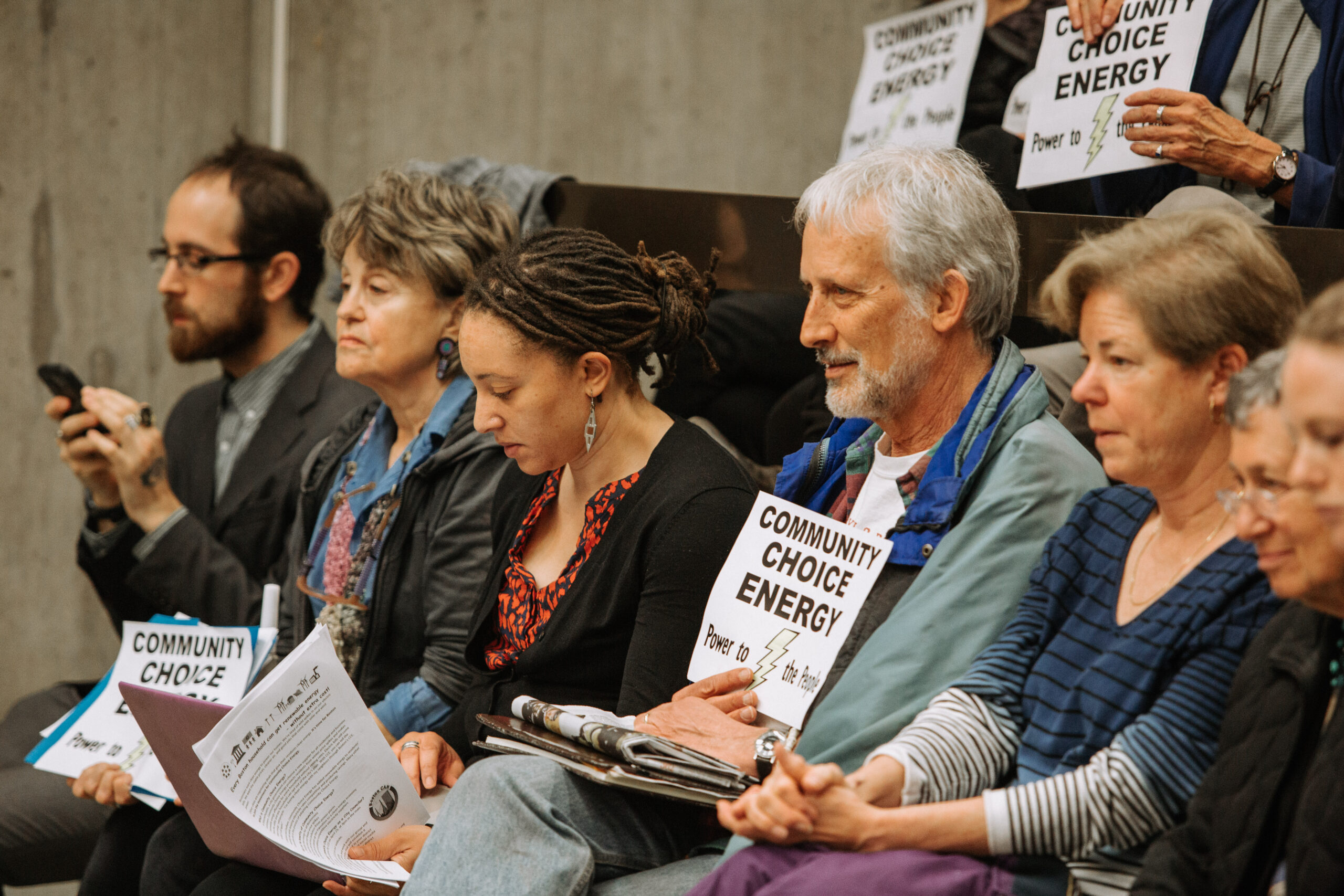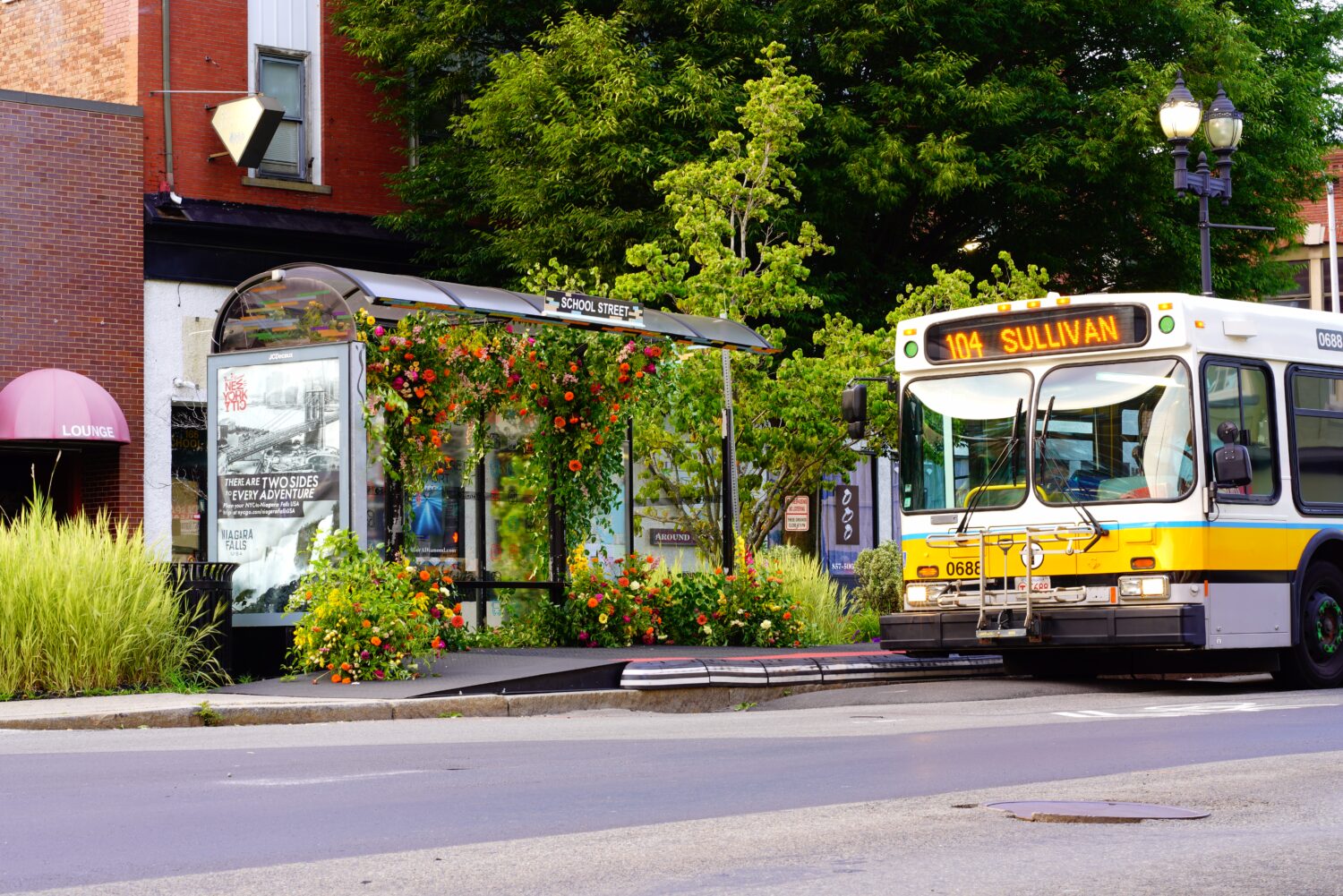Across Massachusetts, communities are taking control over where their energy comes from. By leveraging local bulk purchasing power, more than 100 towns and cities in the Bay State have increased the amount of renewable energy they buy each year, while at the same time producing savings for consumers.
Community Choice Energy (CCE, also known as “community choice aggregation” or “municipal aggregation”) is an important tool for communities to meet their energy needs, to make progress on their climate goals, and – according to new research – to save money. Compared to Eversource’s basic service rates for January through June 2018, communities with a CCE program will save consumers an average of nearly 20 percent, according to the Tufts Applied Economics Clinic. That’s a substantial increase from a 2 percent savings in 2017, suggesting that CCE provides not only a pathway to cleaner energy, but also long-term savings for consumers.
With Washington abdicating leadership, and even actively working to undermine progress on climate and clean energy, state and local action is more important than ever. While CCE benefits local businesses and residents by giving them a say in where their energy comes from and often reducing energy bills, the benefits extend far beyond those communities. These benefits include bringing cleaner, more sustainable energy to the region, reducing our carbon footprint, and improving health outcomes by lessening fossil fuel pollution. Clean energy is also an important part of the innovative economy of the future, keeping our energy dollars in our own region and fueling jobs and economic growth close to home.
Thanks to advocacy by local groups including the Boston Climate Action Network and the Green Justice Coalition, along with strong leadership on the Boston City Council, a proposal for Boston to implement Community Choice Energy was unanimously approved in October 2017. This is an exciting and important step for Boston to take as it implements Mayor Marty Walsh’s goal of being carbon neutral by 2050.
As the largest metro area in the state, Boston must play a leading role in meeting our climate goals as a state, while also reducing emissions and increasing resiliency in the city. Through CCE, Boston can expect to increase its clean energy portfolio by at least 5 percent, helping to reach its goal of a 25 percent reduction in greenhouse gas emissions by 2020. A report investigating the potential of CCE for the city of Boston shows that while CCE is but one of many steps that the city must take to address climate change, it is an important one that has been proven by many neighboring communities.
While CCE is not a silver bullet – and there are many additional tools we can and must use – it is clearly a tool that more municipalities should adopt. And we need more policies that make it easier for communities to adopt CCE as part of broader efforts to ensure our city is more independent and resilient, and is reaping the benefits of the clean energy boom.
The recent wave of adoption of Community Choice Energy is something worth celebrating. These wins demonstrate that strong leadership and action can still drive change at the local level and represent an important move towards democratizing our energy consumption by giving local communities a say. Now more than ever, legislators and other public officials need to play a key role in continuing to advance policies like CCE to unleash the full potential we have in the Commonwealth to stem the effects of climate change and position Massachusetts as a leader in renewable energy.
Communities, business and labor leaders will all be watching closely for Boston and other cities to implement these policies as swiftly and effectively as possible – especially when savings are on the table for consumers. Community Choice Energy is a clear pathway to cleaner, more local energy, and now we must take it.
This article was originally published in the Opinion section of CommonWealth Magazine.




